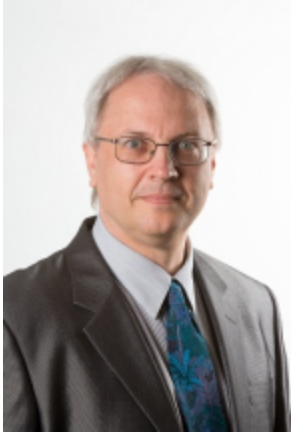Applied Complexity: From Epistemic Drift to Epistemic Shift (A Convergent Innovation Webinar)
Thursday, July 16 from 11 - 1 EST
Click here to view the video.


For a full list of panelists and their bios, please view the full event poster.
ABSTRACT: One of the commonly cited criticisms leveled against complexity science specifically, and system’s thinking broadly, is that although it provides a new lens of analysis and a novel framework for understanding our world in its interrelationships, however, this understanding has not brought about sufficient societal change when compared against its reductionist brethren. Conversely, a reductionist-positivist-materialist approach has rendered a tremendous change in the world; yet at cost of unintended consequences now presenting us with a series of interconnected, unmitigated existential and catastrophic risks, and a host of wicked problems at a global scale. How then does one engage in transforming a complex world, in a complex time, complexly? This webinar will look to what has been called the “original science of complexity”; the Cybernetic school of thought, utilizing the specific distinction between notions of first-order and second-order understandings of science and its applied offspring (medicine, engineering, economics, etc.) as a way of shifting from an understanding “about” systems, to one of participation “within” systems to help midwife movements of change in the world that could be considered ecology wise. In this talk, we will examine the first-principles of a second-order complexity such that we may better move in the world as effective agents of systemic transformation in answer to the existential challenges of our times.
ABOUT THE CONVERGENT INNOVATION WEBINAR SERIES: The McGill Centre for the Convergence of Health and Economics (MCCHE) Convergent Innovation Webinar Series features cutting edge science, technology and innovation in agriculture, food, environment, education, medicine and other domains of everyday life where grand challenges lie at the convergence of health and economics. Powered by data science, artificial intelligence, and other digital technologies, this disciplinary knowledge bridges with behavioural, social, humanities, business, economics, social, engineering, and complexity sciences to accelerate real-world solution at scale, be it in digital or physical contexts. Initiated in the agri-food domain, the series is now encompassing other grand challenges facing modern and traditional economies and societies, such as ensuring lifelong wellness and resilience at both the individual and population levels.